Among the shining stars in golden-age Hollywood, arguably the brightest of them was Bette Davis. She was the first to achieve the honor of having ten acting nominations, although she won only two of them — two other instances are still up for debate. Bette was a strong woman on-screen and off, her characters often reflected her real-life persona, such as multiple marriages and the struggles of being a woman.
She never really got the recognition she deserved, especially with some of her later films (as Hollywood actresses tend to have best-by date stamped on them.) Nevertheless, some of her movies obtained enormous critical and commercial success, in large part due to her role in them.
10 Judith Traherne: Dark Victory (1939) — 7.5
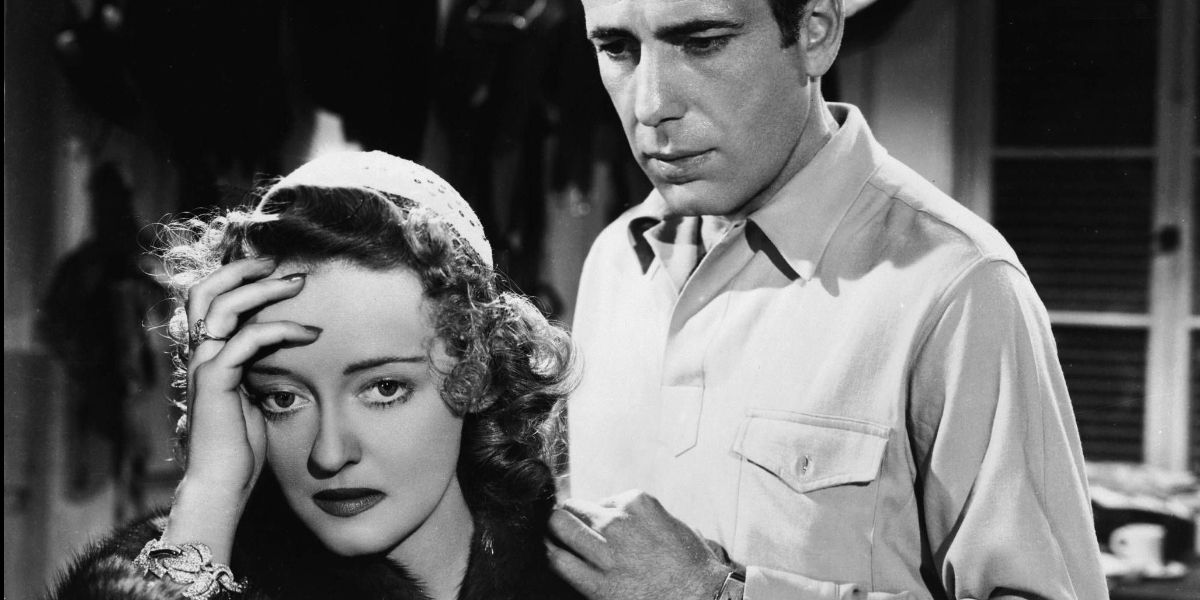
Judy is a wealthy daughter of a New York billionaire, spending her time and money on frivolous things like alcohol, racehorses, and fancy cars. However, she soon finds out that she has a brain tumor, leaving her with barely a year left to live. Judy's doctor, Fred Steele, pretends that her glioma surgery was successful.
Nevertheless, when she finds out the truth, she cancels her engagement with him. After a frank talk with one of her old friends, Mike O'Leary, she accepts her fate with a grace that was sorely lacking in her initial life as a socialite.
9 Julie Marsden: Jezebel (1938) — 7.5
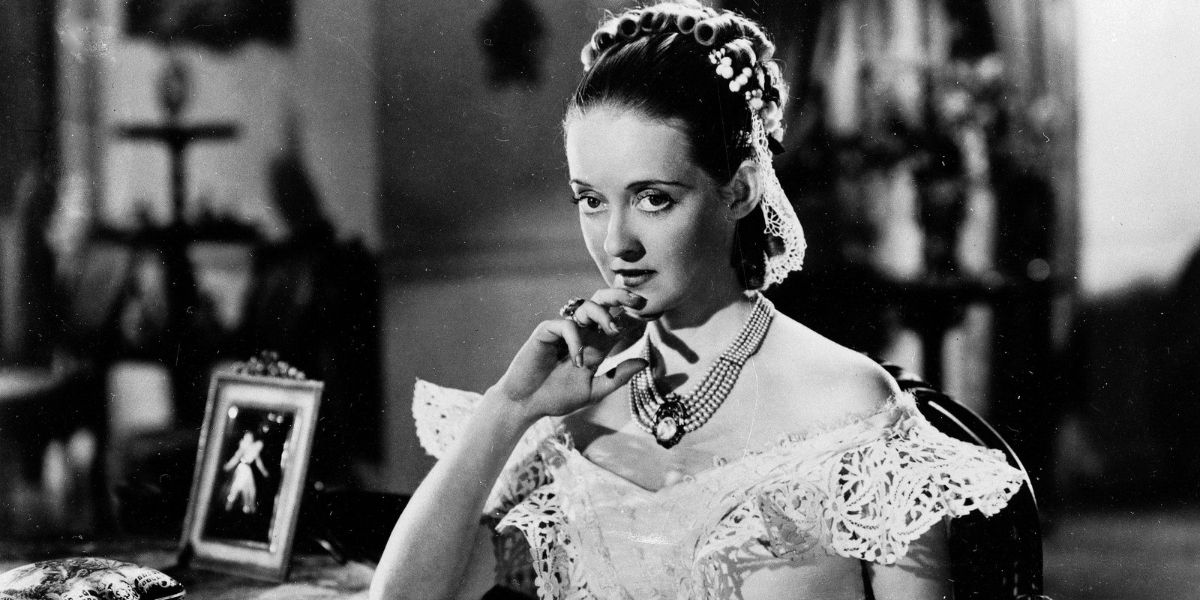
Set in pre-Civil War New Orleans, this film has dominating Southern woman, Julie Marsden, who cannot abide her man not fulfilling her slightest whims. As revenge for her fiancé's audacity, she dons a red gown to the Olympus Ball, a terrible faux pas since "virgin" women are required to dress in only white.
After the dance, Pres breaks up with her, refusing to contact her ever again. Before she can plan further revenge, Yellow Fever sweeps through New Orleans, at which point Julie decides she only wants to care for Pres, who is one of the quarantined victims.
8 Maggie Cutler: The Man Who Came To Dinner (1942) — 7.6
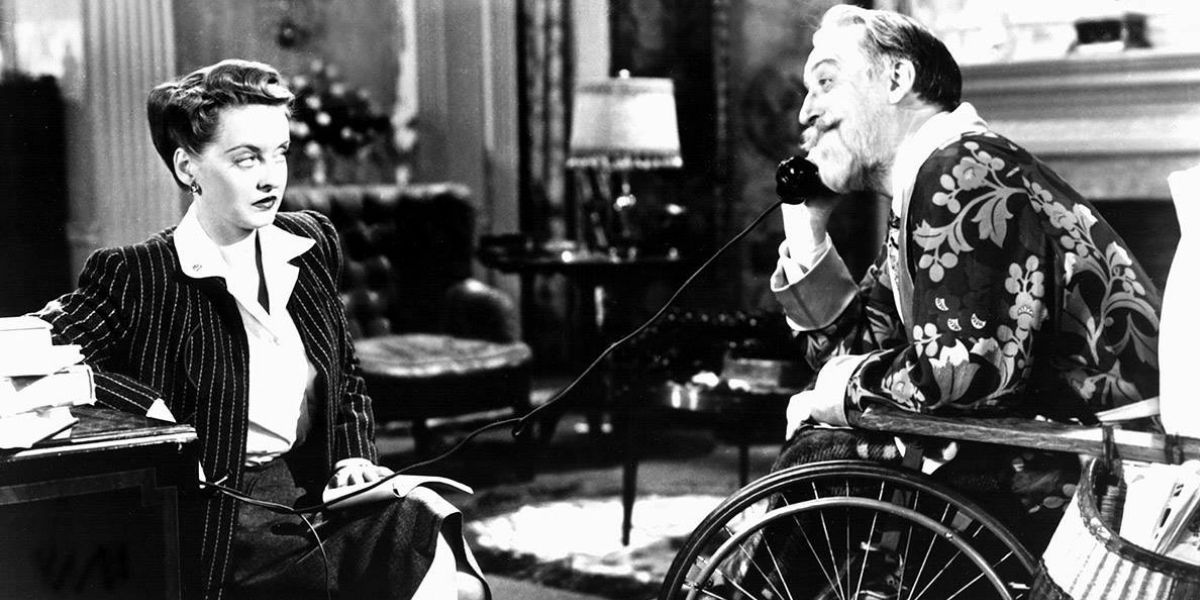
Maggie is an unmarried secretary, working for famous NYC radio star, Sheridan Whiteside. The tale is set mainly in the backwoods of Ohio, where she buckles under her boss' demands. Maggie desires the town journalist, Bert Jefferson, but Sheridan tries to hamper the couple's engagement — just because he loves how great an assistant she is.
Although the movie is centered around actor Monty Woolley's ridiculous shenanigans, Bette Davis obtained enormous praise for her role, especially because she was willing to play a secondary character (something the prideful actress was not known for).
7 Leslie Crosbie: The Letter (1940) — 7.6
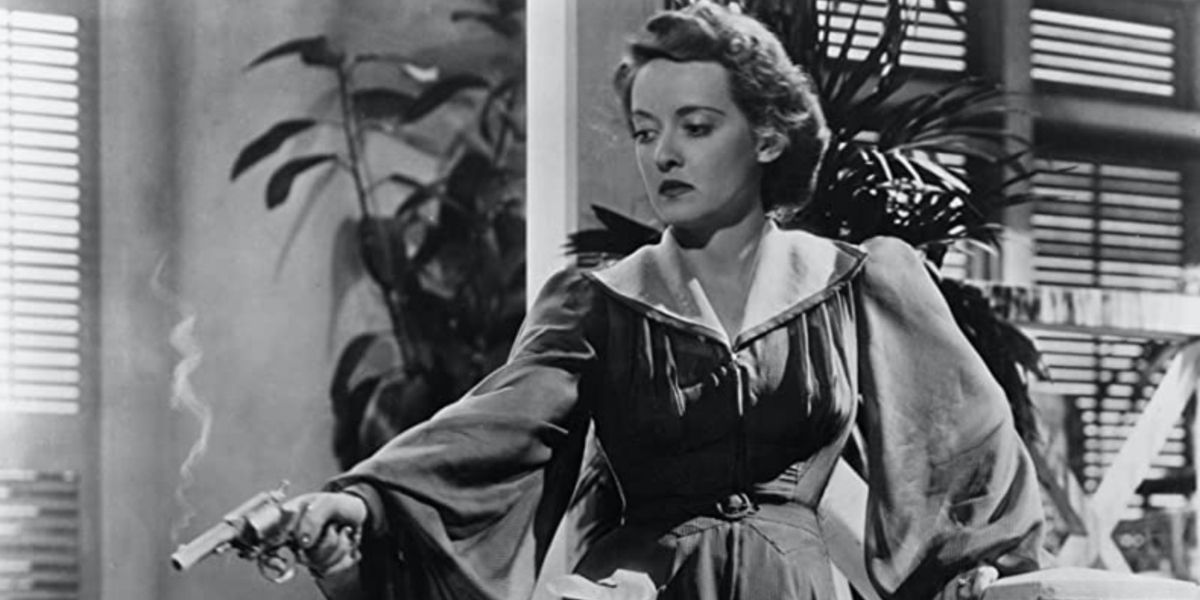
Somewhere in South-East Asia, Leslie Crosbie is accused of murdering her own servant, Geoff Hammond. She goes to jail, but everyone expects her to be released (colonial sentiments leaning heavily towards white people at the time.) However, things start to get a bit dicey for Leslie when her own lawyer, Howard Joyce, tries to prove her guilt, rather than her innocence.
He behaves in an equally shady manner, purchasing an incriminating letter that he believes will solve his case. Unfortunately for him, the letter is in the hands of Hammond's widow, who prefers to give it to Leslie instead — for the princely sum of $10,000 as well as some extra humiliation thrown in.
6 Charlotte Hollis: Hush… Hush, Sweet Charlotte (1964) — 7.6
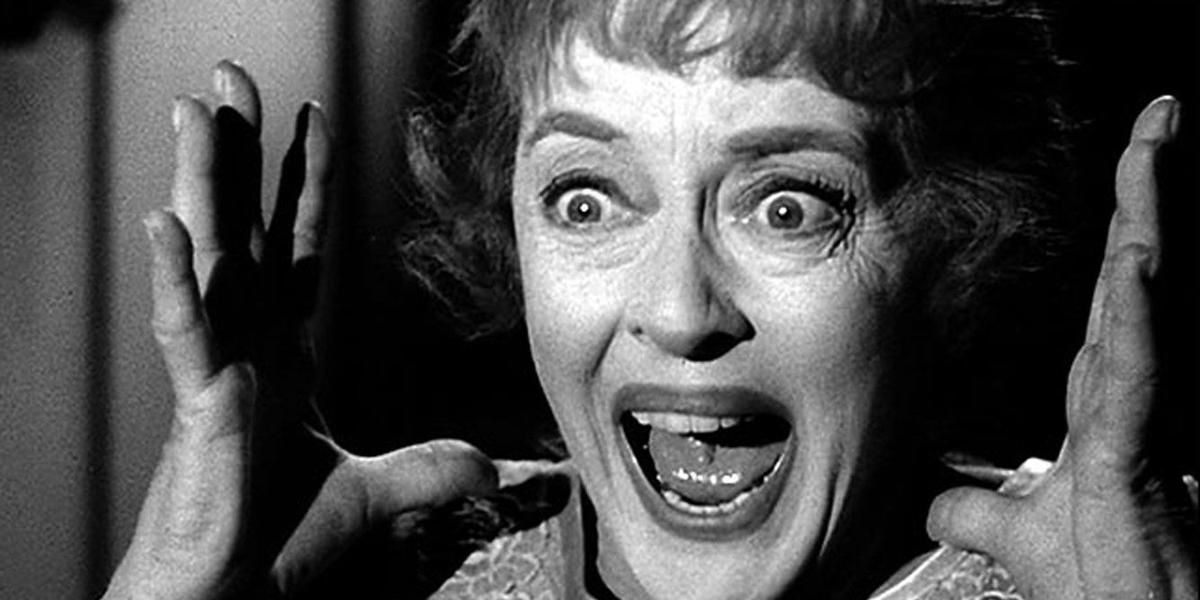
Many critics condemned this movie as a dilute solution of What Ever Happened to Baby Jane?; one of them even referred to it as "grisly, pretentious, disgusting, and profoundly annoying." At any rate, it remains Bette Davis' last great accomplishment, playing an unmarried old woman, whom everyone believes murdered the man she was having an affair with.
Charlotte is practically a hermit, living in a massive bungalow with the sole company of her housekeeper. She begins acting stranger and stranger, but her behavior is soon explained through a massive plot-twist.
5 Fanny Trellis: Mr. Skeffington (1944) — 7.7
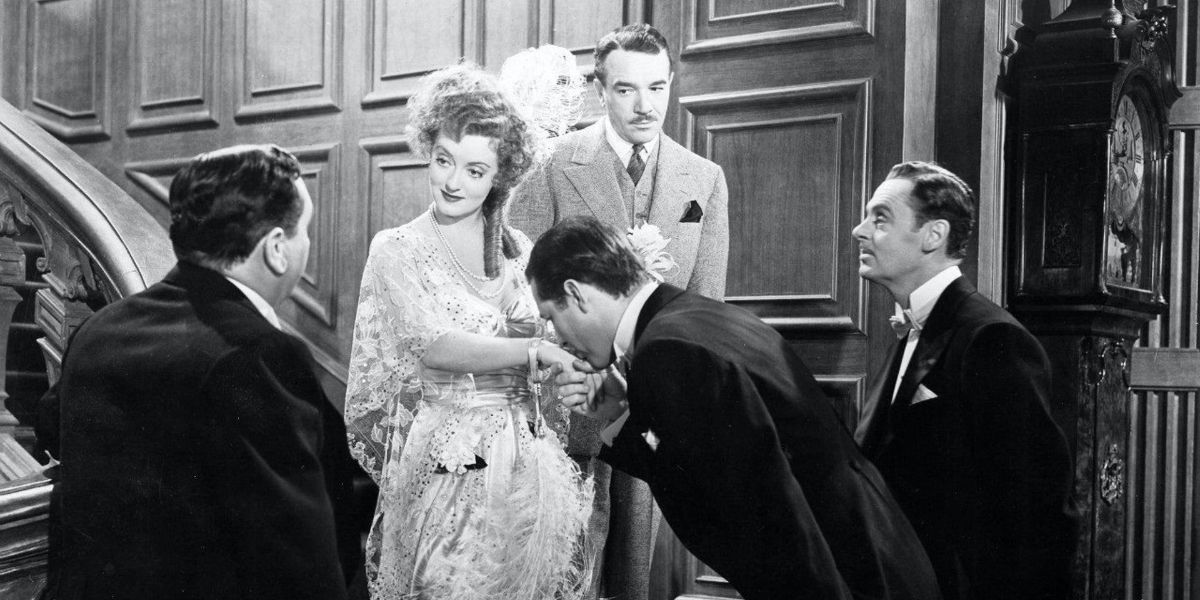
Bette had a penchant for playing roles involving vain, beautiful women who later end up (inevitably) alone. Fanny Trellis is one of those characters. She is forced to marry the wealthy Job Skeffington in order to save her brother, but adores the amenities that arrive with her new station.
Fanny parades around a number of lovers, leading her husband to do the same — for which he receives a hypocritical divorce. As luck would have it, she is struck by Diphtheria, destroying her great beauty and leaving her at the mercy of the very people she used to boss around.
4 Charlotte Vale: Now, Voyager (1942) — 7.9
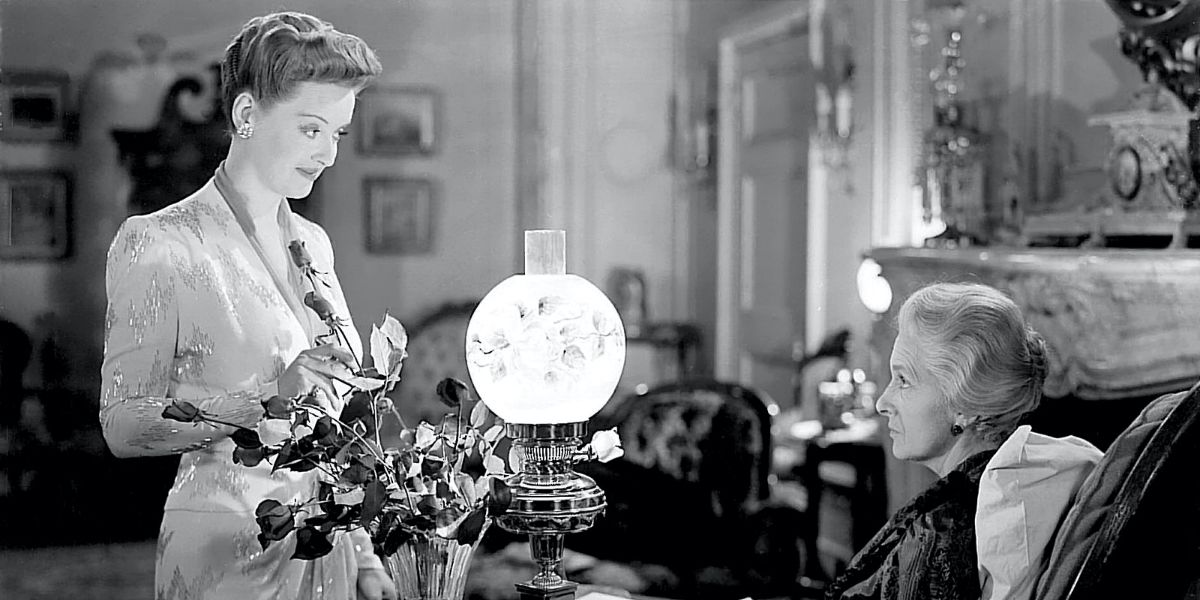
Charlotte Vale is a lonely, depressed woman whose total absence of self-esteem can be attributed to her horribly abusive mother (who never wanted a daughter.) She obtains some respite when she undergoes psychiatric treatment, far away from her mother, even going on a cruise to have some much-needed fun.
On board, Charlotte encounters Jerry Durrance; they both develop feelings for each other but decide not to take it further since he is married. Once home, she must once again face her mother, but this time she is armed with the comforting memories of her lover.
3 Regina Giddens: The Little Foxes (1941) — 8.0
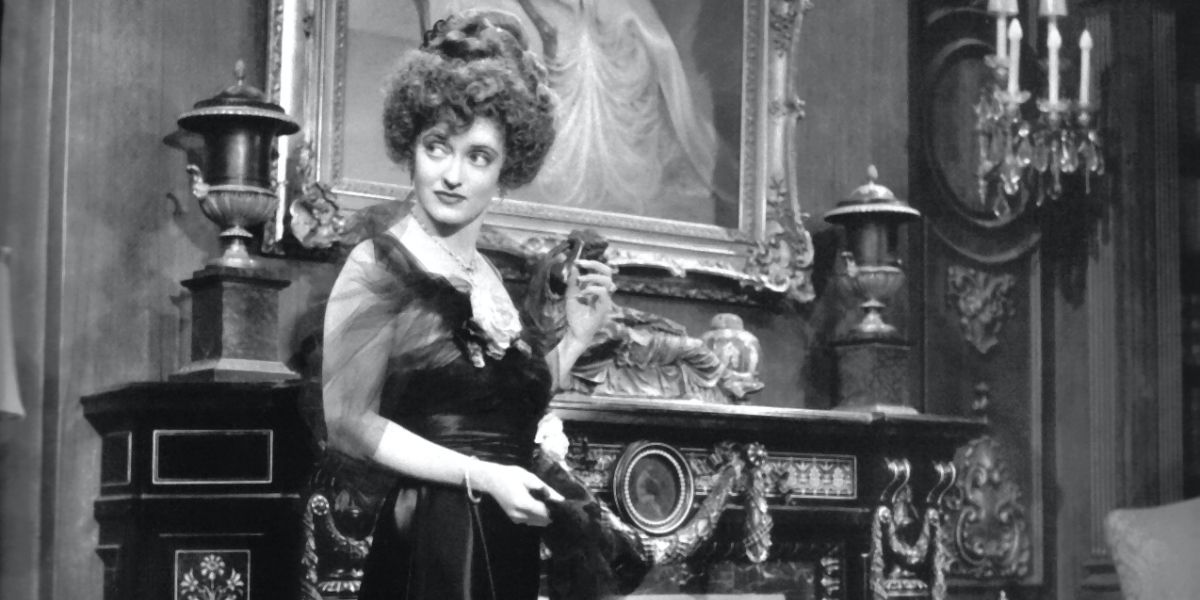
The Little Foxes broke all records by receiving nine Academy Award nominations (and then winning none of them). Bette plays a Southern woman, Regina Hubbard, who fights tooth and nail to obtain the same legal recognition as her brothers. Even though they are rich enough on their own, Regina struggles to make ends meet with a sick husband to boot.
It gets worse for her when her despicable brothers steal her husband's bonds, and her father responds with an unfiltered condescension for her status. Regina manages to get her away at the end, but she is left wondering if it was all worth it.
2 Baby Jane Hudson: What Ever Happened To Baby Jane? (1962) — 8.1
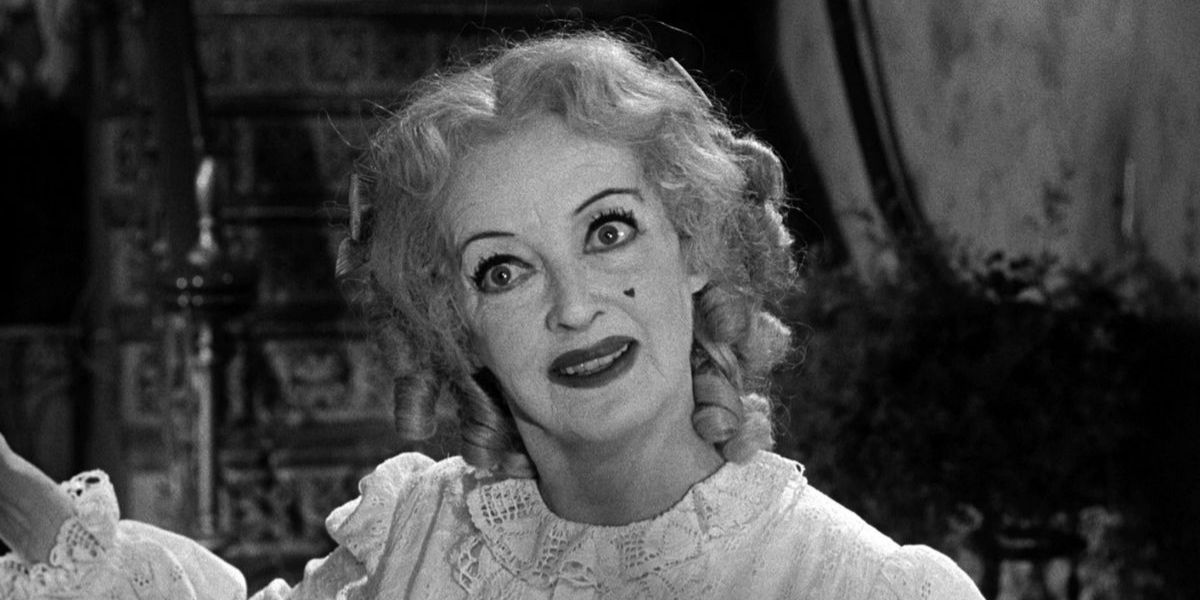
Baby Jane Hudson was Bette Davis' resounding comeback to Hollywood, obtaining almost universal acclaim for her performance. A tale of two sisters, Baby Jane and Blanche have been competing with each other since they were kids. Blanche is later paralyzed in a car accident, which everyone believes is her sister's fault.
Decades after this, both sisters live together, but Jane seems to be undergoing unexpected changes — almost as if she wants to revert into a child, which was the only time in her life that she has ever known success.
1 Margo Channing: All About Eve (1950) — 8.2
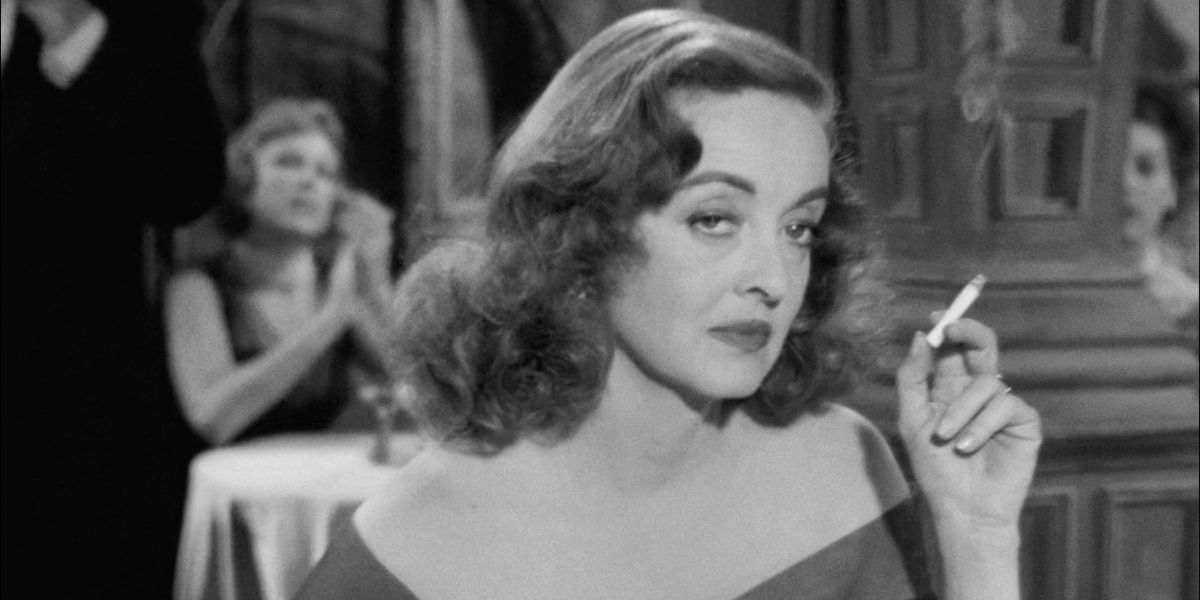
All About Eve is, without question, the single greatest on-screen performance of Bette Davis' career (and one of the greatest in all cinema.) Although her loss at the Oscars was a major upset, it did not diminish her role as Margo Channing, the paranoid, alcoholic Queen of Broadway.
Margo is a true actress, born and bred in the theater, and commands a legion of devoted fans. One of them is Eve Harrington, whose sob story encourages Margo to hire her as a personal assistant. However, Eve is not as naive or gullible as she makes herself out to be.
from ScreenRant - Feed https://ift.tt/3hvIjp4


0 Comments